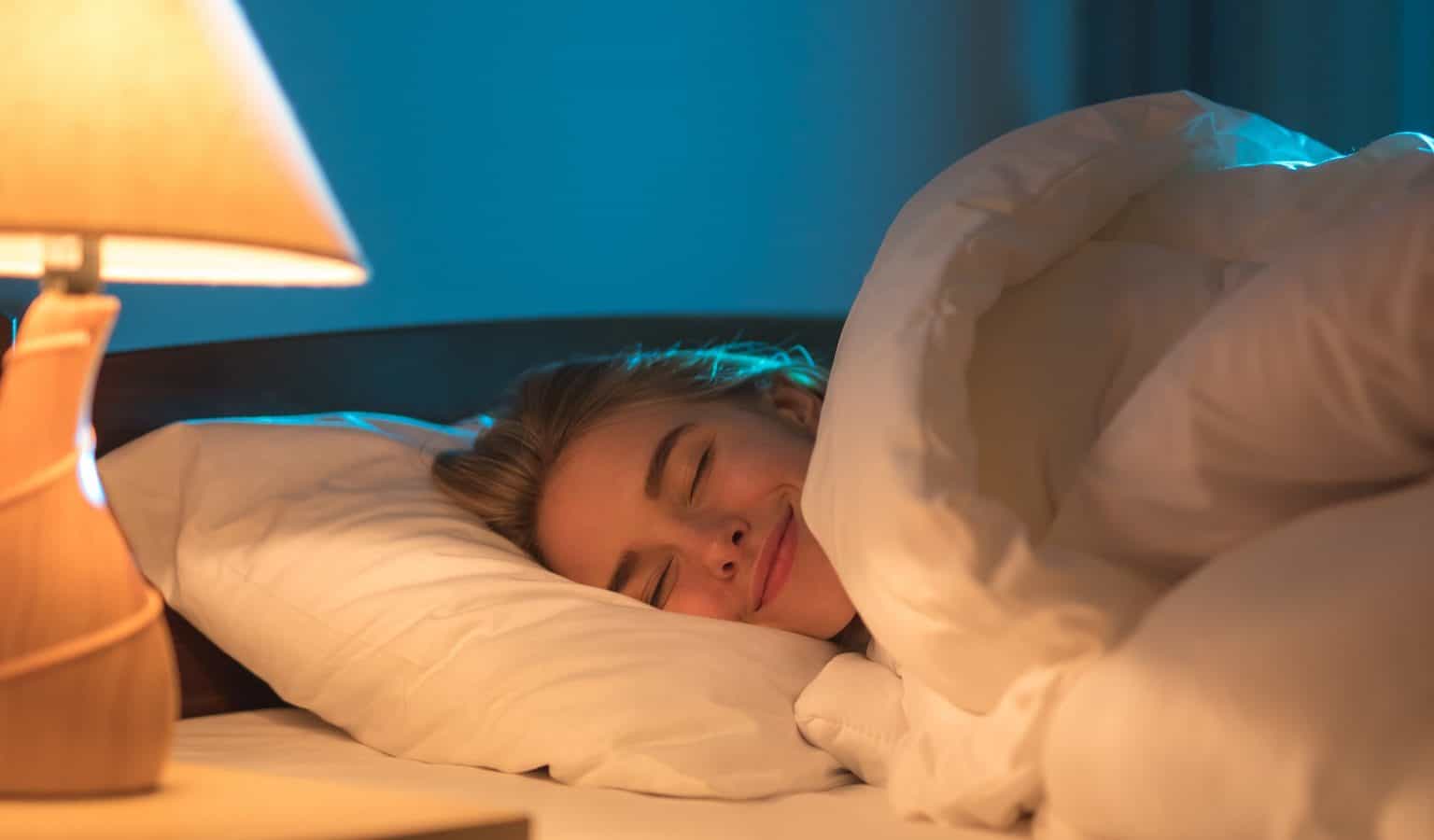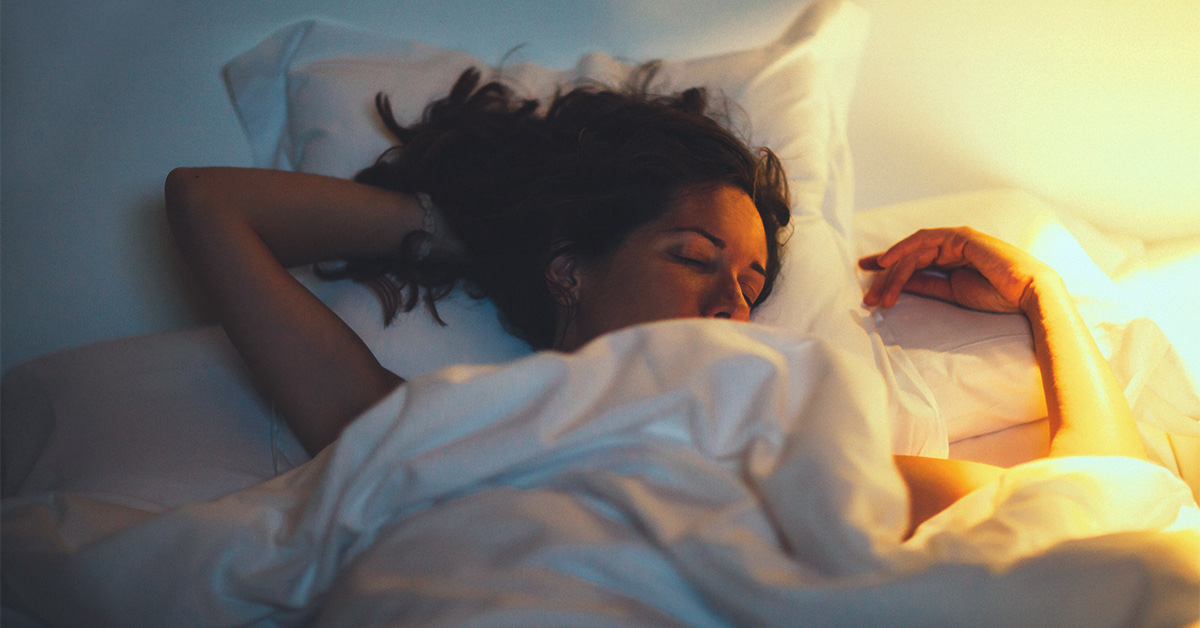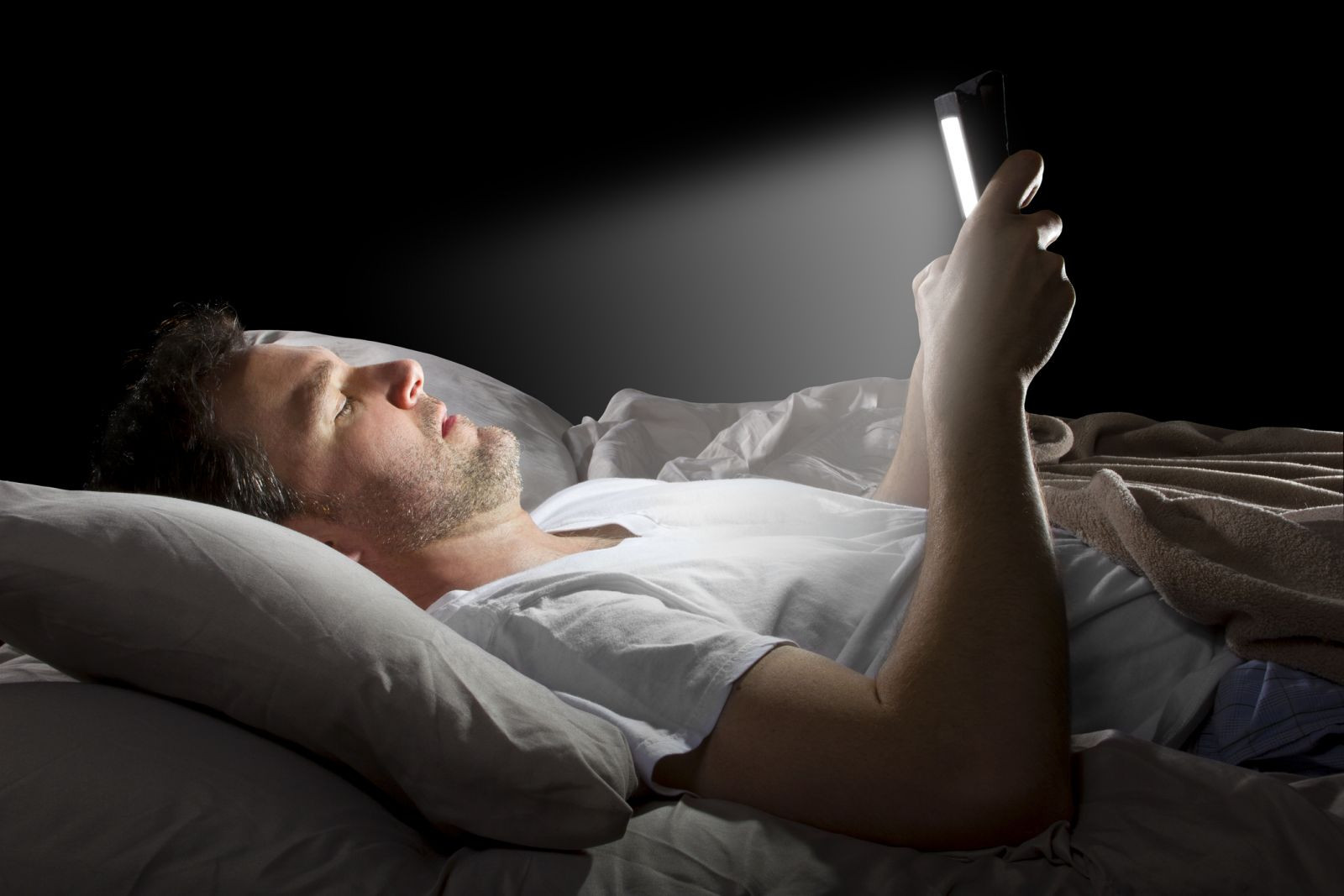Do LED lights affect your sleep?
Your circadian rhythm, which is also known as your body clock, is sometimes shortened to "body clock." Scientists have found that most living things have a natural daily cycle. These rhythms help regulate our sleeping and waking patterns. Light is an important cue for our biological clocks.
For example, daylight provides us with information about the time of day and helps our bodies know when to release melatonin (a sleep-inducing hormone) into the blood. Melatonin helps us get ready for bed by making it easier to fall asleep and more difficult to wake up in the morning.
On the other hand, many people read at night before going to bed - even though they know their sleep will be affected. Reading on electronic devices like tablets or e-readers emits blue light, which is known to suppress the body's production of melatonin. So if you're using one of these devices in the hours before bedtime, you may be less likely to fall asleep quickly and get a good night's rest.
Is it bad to sleep with LED lights on?
Not good for sleeping!! The purpose of LEDs in the bedroom is to create an environment conducive to sleep by lighting our way when getting up in the middle of the night without affecting circadian rhythms (natural body clock) which can be affected by blue wavelengths of visible light emitted from some electronic devices like TVs and laptops.
If you like watching TV or reading e-books in bed before going to bed, then you must switch off these devices at least an hour before going to bed. It is a common experience that some people have trouble falling asleep when they go to bed while watching TV or using a device with a backlight (eg tablet or E-reader).
The blue light emitted by these devices can inhibit the production of melatonin, a hormone that helps regulate sleep. While you're sleeping, your brain is still receiving information from the environment in the form of light. So if you're using one of these devices in the hours before bedtime, you may be less likely to fall asleep quickly and get a good night's rest.
So if you're having trouble sleeping, try turning off your device an hour before bed. If that doesn't work, try downloading an app or software that filters out blue light from your device's display. This will help your brain produce more melatonin and make it easier for you to fall asleep.
It should be noted that some LED lights are designed to minimize blue light emissions. If you're using one of these LEDs, you don't need to worry about suppressing your melatonin production. However, it's still a good idea to avoid using electronic devices in the hours before bedtime.

Is there a LED color that helps you sleep better?
There are various colors of night light. They can be chosen to be fitted with a sleep lamp. Different colors have different effects on the body and mind.
Blue light is said to be the most effective in terms of keeping people awake. It is said that blue light suppresses the production of melatonin, a hormone that helps regulate sleep. So if you're using one of these devices in the hours before bedtime, you may be less likely to fall asleep quickly and get a good night's rest.
On the other hand, red light is said to have a calming effect and promote better sleep. It is said that red light does not suppress the production of melatonin like blue light does. So if you're using one of these devices in the hours before bedtime, you may be more likely to fall asleep quickly and get a good night's rest.
What about other night LED colors?
Each color has its own effect. Yellow, orange, and green are said to have a positive effect on moods. Red is known for its soothing effects. Violet emits less light but it does emit light in the same spectrum as blue, so violet night lights are not recommended for use at night or before bedtime.
Will dimmers reduce the LED light effect?
Dimmers can be helpful in reducing LED light exposure. It is said that bright light suppresses the production of melatonin, a hormone that helps regulate sleep. So if you're using one of these devices in the hours before bedtime, you may be less likely to fall asleep quickly and get a good night's rest.
Install dimmer switches in your home and bedroom to create an environment that is conducive to sleep.
You can also adjust the brightness on your devices. If you're using an LED device, try adjusting the brightness to its lowest setting. This will help reduce blue light emissions and make it easier for you to fall asleep.
It should be noted that some LED lights are designed to minimize blue light emissions. If you're using one of these LEDs, you don't need to worry about suppressing your melatonin production. However, it's still a good idea to avoid using electronic devices in the hours before bedtime.
Using shades to avoid street light

Yes, a room-darkening curtain or shade can block out any light that may be coming from outside your home. This is especially important if your bedroom faces a street with a lot of traffic. The last thing you want is to be kept awake because of bright lights.
It's also a good idea to make sure that there are no external light sources in your bedroom whatsoever. Avoid using your bed for activities other than sleep and sex. For example, if you like to read or watch television in bed, consider moving these activities elsewhere (like a living room). If the light is unavoidable, try wearing an eye mask.
Is it okay to sleep with LED lights on or are there ways to avoid it?
There are various ways that you can reduce your exposure to LED lights - both during the day and at night.
At night, you can install dimmer switches in your home and bedroom to create an environment that is conducive to sleep. You can also adjust the brightness on your devices. If you're using an LED device, try adjusting the brightness to its lowest setting. This will help reduce blue light emissions and make it easier for you to fall asleep.
During day time, it's best to avoid LED lights as much as possible. For instance, you can wear sunglasses to protect your eyes.
The bottom line is that you want to create an environment where your body can produce melatonin naturally - without any help from the outside world. That means dimming any external LEDs and creating a bedroom environment that's free of the LED light.
Can people with insomnia use blue blocker glasses?
There are various colors of night light. They can be chosen to be fitted with a sleep lamp. Different colors have different effects on the body and mind.
Blue light is said to be the most effective in terms of keeping people awake. It is said that blue light suppresses the production of melatonin, a hormone that helps regulate sleep. So if you're using one of these devices in the hours before bedtime, you may be less likely to fall asleep quickly and get a good night's rest.
On the other hand, red light is said to have a calming effect and promote better sleep. It is said that red light does not suppress the production of melatonin like blue light does. So if you're using one of these devices in the hours before bedtime, you may be more likely to fall asleep quickly and get a good night's rest.
Do TV or smartphone affect your sleep?

It should be noted that some LED lights are designed to minimize blue light emissions. If you're using one of these LEDs, you don't need to worry about suppressing your melatonin production. However, it's still a good idea to avoid using electronic devices in the hours before bedtime.
Since TV or smartphone screens emit blue light, they can cause trouble in falling asleep when used before bedtime. So if you're having trouble sleeping, try turning off your device an hour before bed. If that doesn't work, try downloading an app or software that filters out blue light from your device's display. This will help your brain produce more melatonin and make it easier for you to fall asleep.
Tips on how to go sleepy faster
- Avoid looking at bright screens for two to three hours before bedtime.
- Use dimmer switches in your home and bedroom to create an environment that is conducive to sleep.
- Install room-darkening curtains or shades to block out external light sources.
- Wear sunglasses outside during the day, which will help your eyes prepare for darkness once you turn the lights down at night.
- Avoid using your bed for activities other than sleep and sex. For example, if you like to read or watch television in bed, consider moving these activities elsewhere (like a living room).
Follow these simple steps to make sure that your body clock works with you.
Final words
Since LED lights affect your melatonin production, you should avoid them when it's time for sleep. You can do that by dimming the house lights and wearing an eye mask when you're in a room with LED lighting.
If you want to get a good night's sleep, reduce your exposure to blue light day and night. Dim any external LEDs once it's bedtime and also adjust the brightness on your devices. Wear sunglasses outside during the day so that at night your body clock will start producing melatonin naturally without help from the outside world.
Try not to use any electronic device before bedtime either since they cause trouble in falling asleep by emitting blue light which suppresses the production of melatonin.